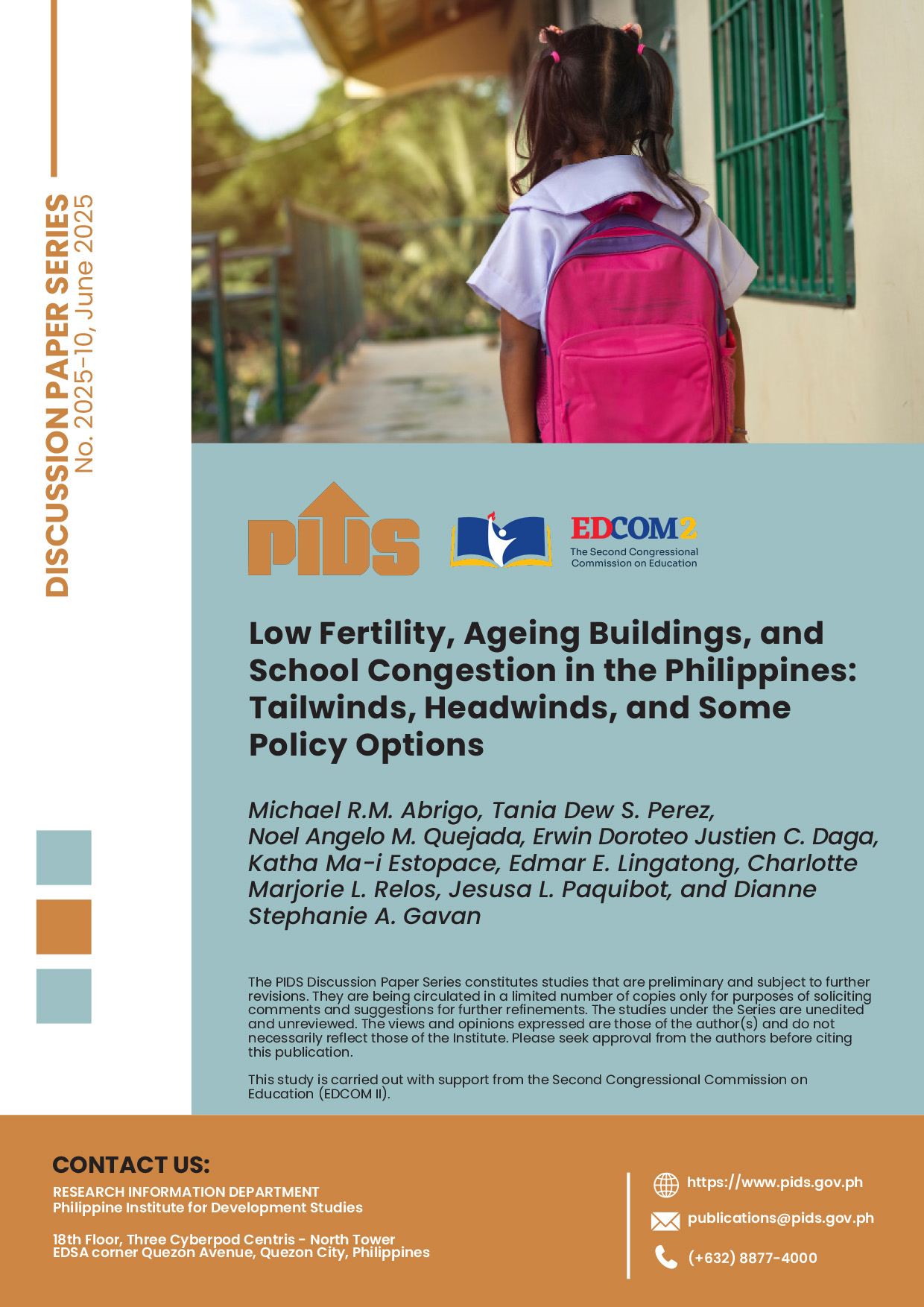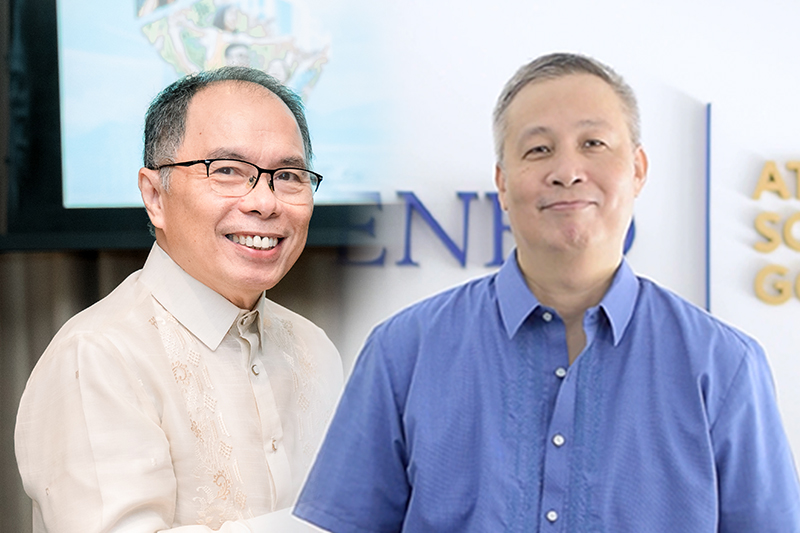In just about eight months, the Philippines may no longer limit the volume of rice imports with the expiration of the quantitative restrictions (QR) on the staple grain—a temporary, protectionist mechanism used in the World Trade Organization.
Considering that rice is a socially sensitive commodity, the Philippines sought—and was able to get it through lengthy negotiations—to extend the QR twice. The last extension was secured in 2015, which moved forward the expiration to June 30, 2017 (it was supposed to expire in 2012). The time gap means the extension process took at least three years.
Agriculture officials under the previous administration never sought to open talks for yet another QR extension, partly because it would become the problem of the next administration (their horizon was apparently limited to June 30, 2016).
Another likely reason was that, in the tail end of Aquino’s term, economists favoring freer trade (and less government intervention) gained the upper hand in steering the country’s rice policy. Before that, the populist policy of pushing for rice self-sufficiency (RSS) while limiting imports prevailed in the Cabinet.
Alas, the promise of “independence” in rice production and supply by the end of 2013 was not realized, no thanks to destructive typhoons (a given in this neck of the woods).
With change supposedly having come, along with the country’s new management, the situation appears to be more of the same, however.
Sen. Francis Pangilinan, himself a former boss of the National Food Authority and harbinger of change from RSS to greater importation under P-Noy, asked the present Cabinet to state a coherent policy on rice.
The thing is, the economist-vs populists tiff remain raging in Malacañang. For now, the pro-free trade camp seem to be keeping the higher ground. Agriculture Secretary Emmanuel F. Piñol, who pushes for RSS, seems to be resigned in defeat and accepting of confusion.
Piñol is pushing for yet another extension of the QR by at least two years. How that may happen within the bounds of WTO rules is a mystery, although trade experts at the DA maintain there are “many ways to hack it.”
Asked when Malacañang would ever be united on a rice policy, Piñol told reporters that such a time would never come.
“You can’t have a unified policy in the Cabinet,” Piñol said. “Basta ako nasabi ko ang posisyon ko. (I have stated my position).”
Meanwhile, home-grown rice continue to be uncompetitive, with the cost of production close to twice that in neighboring countries like Thailand and Vietnam.
With free trade, the market expects an influx of cheaper, imported rice. State think-tank Philippine Institute of Development Studies calls for the institution of safety nets and support for local farmers. So far, what the National Economic and Development Authority mentions is a CCT-type (conditional cash transfer) program for rice growers.
For groups like the Samahang Industriya ng Agrikultura, the problem remains smuggling, QR or no QR.
Considering that rice is a socially sensitive commodity, the Philippines sought—and was able to get it through lengthy negotiations—to extend the QR twice. The last extension was secured in 2015, which moved forward the expiration to June 30, 2017 (it was supposed to expire in 2012). The time gap means the extension process took at least three years.
Agriculture officials under the previous administration never sought to open talks for yet another QR extension, partly because it would become the problem of the next administration (their horizon was apparently limited to June 30, 2016).
Another likely reason was that, in the tail end of Aquino’s term, economists favoring freer trade (and less government intervention) gained the upper hand in steering the country’s rice policy. Before that, the populist policy of pushing for rice self-sufficiency (RSS) while limiting imports prevailed in the Cabinet.
Alas, the promise of “independence” in rice production and supply by the end of 2013 was not realized, no thanks to destructive typhoons (a given in this neck of the woods).
With change supposedly having come, along with the country’s new management, the situation appears to be more of the same, however.
Sen. Francis Pangilinan, himself a former boss of the National Food Authority and harbinger of change from RSS to greater importation under P-Noy, asked the present Cabinet to state a coherent policy on rice.
The thing is, the economist-vs populists tiff remain raging in Malacañang. For now, the pro-free trade camp seem to be keeping the higher ground. Agriculture Secretary Emmanuel F. Piñol, who pushes for RSS, seems to be resigned in defeat and accepting of confusion.
Piñol is pushing for yet another extension of the QR by at least two years. How that may happen within the bounds of WTO rules is a mystery, although trade experts at the DA maintain there are “many ways to hack it.”
Asked when Malacañang would ever be united on a rice policy, Piñol told reporters that such a time would never come.
“You can’t have a unified policy in the Cabinet,” Piñol said. “Basta ako nasabi ko ang posisyon ko. (I have stated my position).”
Meanwhile, home-grown rice continue to be uncompetitive, with the cost of production close to twice that in neighboring countries like Thailand and Vietnam.
With free trade, the market expects an influx of cheaper, imported rice. State think-tank Philippine Institute of Development Studies calls for the institution of safety nets and support for local farmers. So far, what the National Economic and Development Authority mentions is a CCT-type (conditional cash transfer) program for rice growers.
For groups like the Samahang Industriya ng Agrikultura, the problem remains smuggling, QR or no QR.












